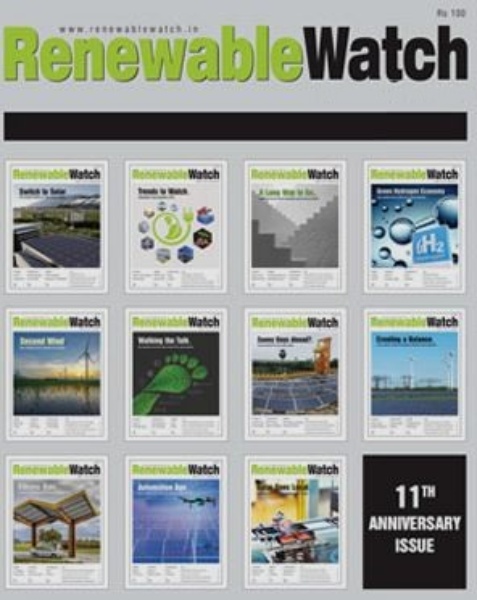Knowledge Hub

Communication in the e-mobility ecosystem refers to the unidirectional flow of information or bidirectional data exchange between two or more entities to ensure successful EV charging demand management and efficient integration of EVs with the grid.

Joint Optimization for Coordinated Charging Control of Commercial Electric Vehicles Under Distributed Hydrogen Energy Supply
2021
Author(s): Long T, Jia Q-S
The transition to the zero-carbon power system is underway accelerating recently. Hydrogen energy and electric vehicles (EVs) are promising solutions on the supply and demand sides.
Economic Competitiveness and Environmental Implications of Hydrogen Energy and Fuel Cell Electric Vehicles in ASEAN Countries: The Current and Future Scenarios
2021
Author(s): Li Y, Kimura S
This study asks if hydrogen-based road transport, especially FCEVs in the fleets of passenger cars, buses, and trucks, could be economically justified in the ASEAN member states. If not, what strategies to take for ASEAN member states?
Revised Consolidated Guidelines & Standards for Charging Infrastructure for Electric Vehicles (EV) Promulgated) Promulgated by Ministry of Power
2022
Publisher/Organisation: Ministry of Power
The Union Ministry of Power has promulgated the revised consolidated Guidelines & Standards for Charging Infrastructure for Electric Vehicles (EV) on 14th January,2022.
The Economic Feasibility of Green Hydrogen and Fuel Cell Electric Vehicles for Road Transport in China
2022
Author(s): Li Y, Taghizadeh-Hesary F
This study examines the relationship between energy policies and the economic feasibility of hydrogen energy for road transport in China, especially focusing on hydrogen as energy storage for renewables – also known as green hydrogen.
Public Charging Infrastructure and Electric Vehicles in Norway
2022
Author(s): Schulz F, Rode J
This analysis is based on granular, annual information on the location of public charging infrastructure and the battery-electric vehicle ownership rate across 356 Norwegian LAU-2 municipalities between 2009 and 2019.
Guidebook for Operationalizing the National Transit Oriented Development Policy for Station Redevelopment
2021
Author(s): Shakti Sustainable Energy Foundation
This guidebook lays down the measures for value creation in railway land as recommended by the National Transit Oriented Development Policy.
Electric buses (e-buses) have caught the attention of the Indian public transport operators due to their ability to address the issues of rising greenhouse gas emissions, and air and noise pollution caused by conventional fuel buses.
Phase II of the Faster Adoption and Manufacturing of (Hybrid &) Electric Vehicles (FAME) India is envisioned to introduce 7,000 e-buses across the country by 2024.
Electric mobility has gained momentum worldwide as a sustainable choice in reducing greenhouse gas emissions and improving air quality.



